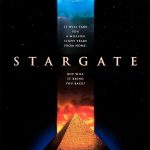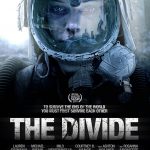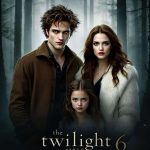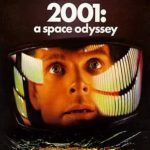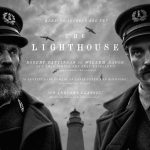“The Book of Eli” (2010)
“The Book of Eli” (2010) is a post-apocalyptic action film directed by the Hughes Brothers and starring Denzel Washington, Gary Oldman, Mila Kunis, and Jennifer Beals. The film is set in a desolate future where a lone wanderer, Eli (Washington), roams the wasteland protecting a sacred book that holds the key to humanity’s survival.
Plot and Themes: The plot centers on Eli’s journey through a ravaged world as he strives to deliver a mysterious book to a safe place. The book is revealed to be a copy of the Bible, which Eli believes holds the power to save humanity. The central conflict involves the book being sought after by Carnegie (Oldman), a tyrannical warlord who wants to use its teachings to control and manipulate others.The film explores themes of faith, survival, and the enduring power of belief. It delves into the notion of hope amidst despair and the idea that knowledge and wisdom can provide a beacon of light in the darkest times.
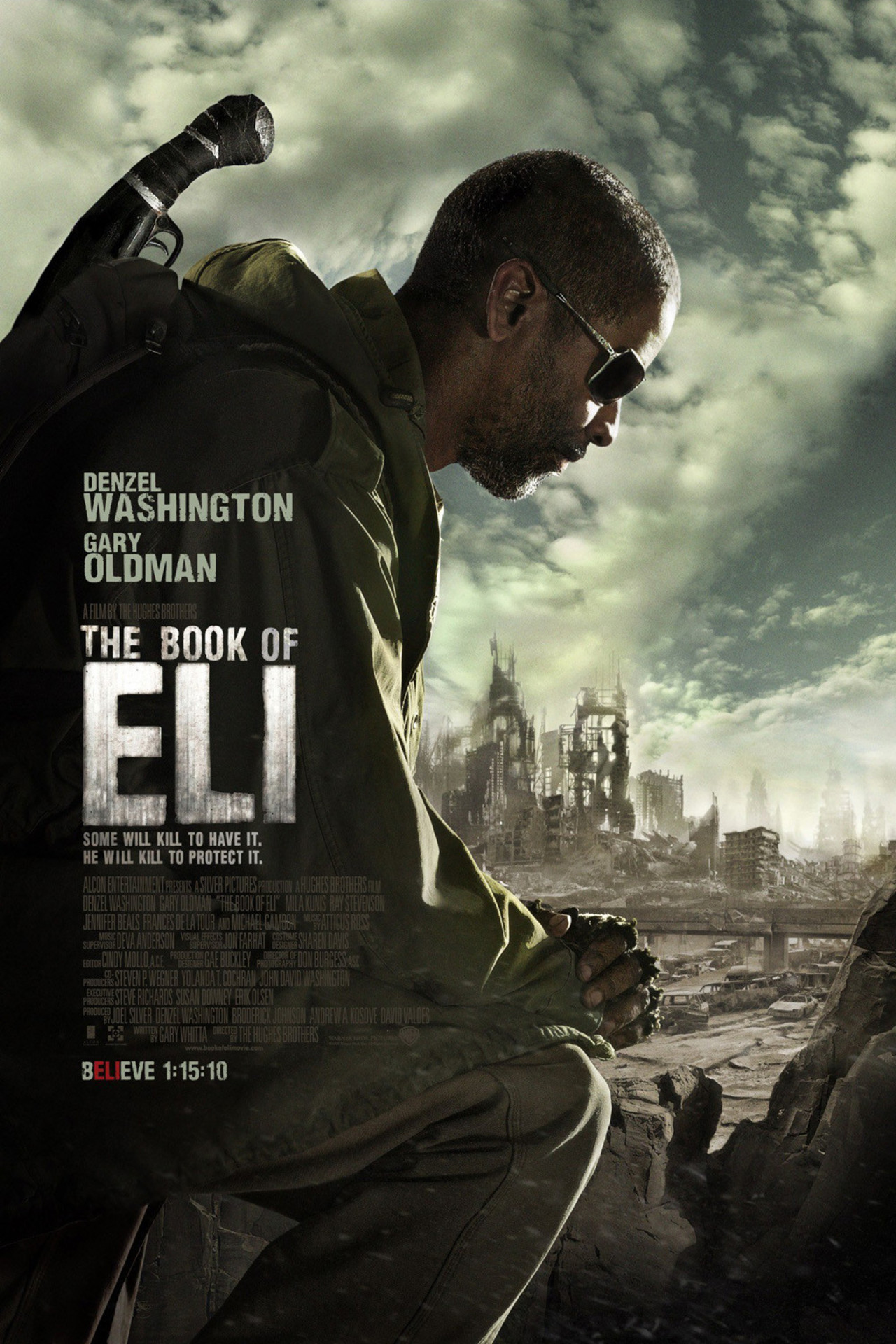
Cinematography and Visuals: The visual style of “The Book of Eli” is striking, with a gritty, desaturated color palette that emphasizes the bleakness of the post-apocalyptic setting. The cinematography by Don Burgess effectively captures the desolation of the environment and the stark contrasts between the arid wasteland and the few remaining havens of civilization. The film’s action sequences are well-choreographed and visually dynamic, blending intense combat with strategic use of special effects.
Performances: Denzel Washington delivers a strong and charismatic performance as Eli, bringing depth and gravitas to the character. Washington’s portrayal combines physical prowess with a contemplative and stoic demeanor. Gary Oldman is equally compelling as Carnegie, portraying the antagonist with a menacing and manipulative edge. Mila Kunis also gives a solid performance as Solara, a young woman who becomes Eli’s ally and learns about the book’s significance.
Action and Fight Scenes: The film features a variety of action sequences, including hand-to-hand combat and shootouts. The choreography of these scenes is effective in maintaining tension and excitement, and the use of practical effects and minimal CGI contributes to their intensity. The action is often punctuated by moments of introspection, providing a balance between physical and philosophical elements.
Score and Music: The score, composed by Atticus Ross and Leopold Ross, complements the film’s atmosphere with a haunting and evocative soundtrack. The music enhances the film’s emotional and dramatic moments, reinforcing the sense of urgency and the themes of spiritual quest and redemption.
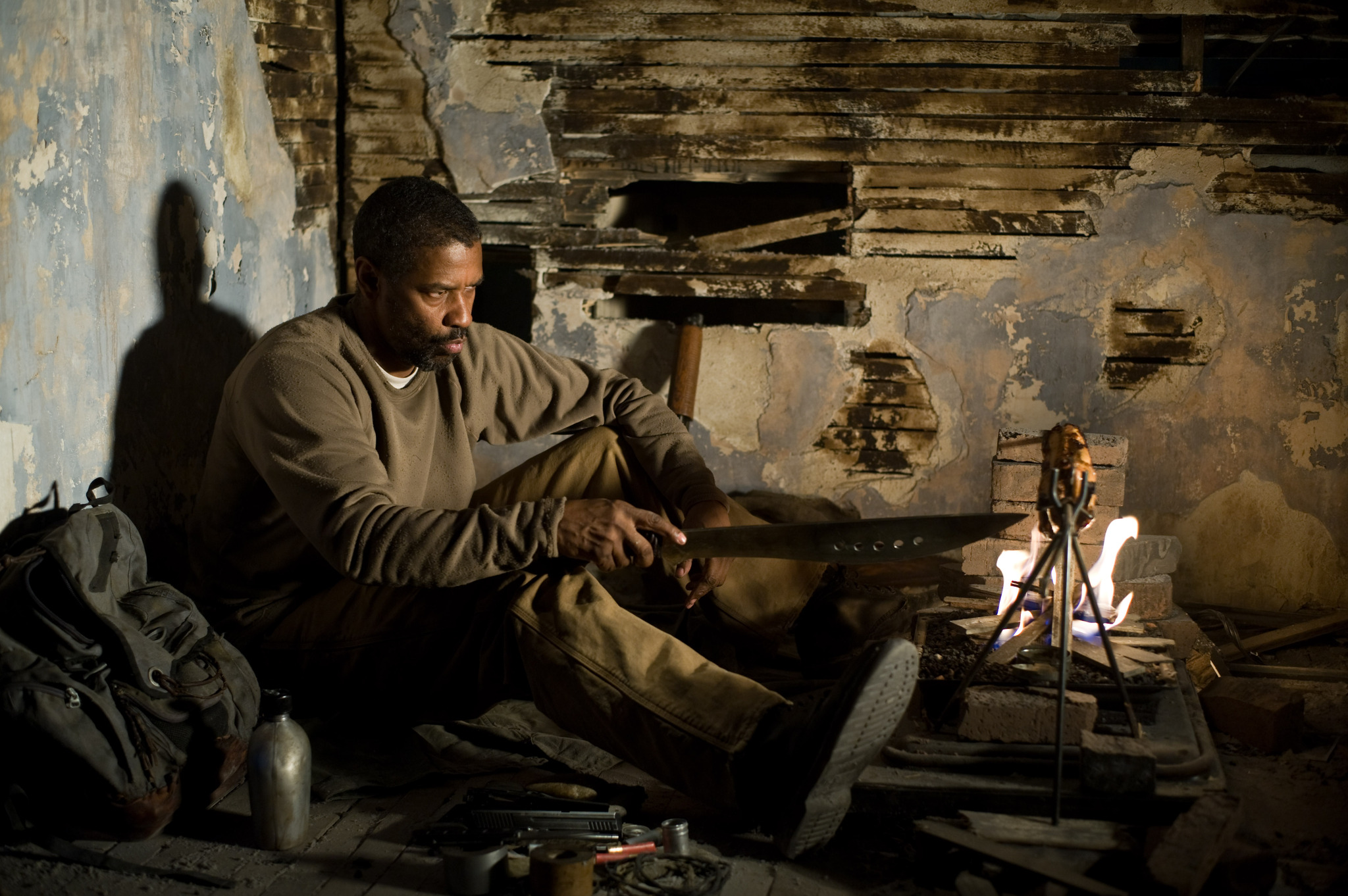
Criticisms: Some critics have noted that while “The Book of Eli” presents an intriguing premise and strong performances, its execution can be uneven. The film’s pacing, particularly in the middle act, might feel sluggish to some viewers. Additionally, the reveal of the book’s identity and its significance might come across as predictable or lacking in nuance to those familiar with the genre.
Legacy and Impact: “The Book of Eli” has garnered a mixed to positive reception from audiences and critics. It is appreciated for its thought-provoking themes, strong performances, and stylish presentation. The film stands out in the post-apocalyptic genre for its blend of action and philosophical exploration.
Overall: “The Book of Eli” is an engaging and visually striking film that combines action with deeper thematic elements. Its exploration of faith, survival, and the power of knowledge adds a layer of depth to the post-apocalyptic genre. While it may not be universally acclaimed, it offers a compelling experience for those interested in films that blend action with spiritual and philosophical undertones.

